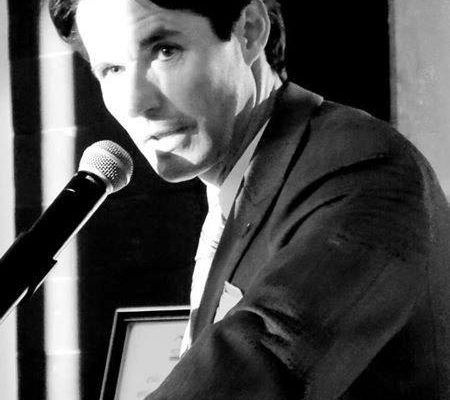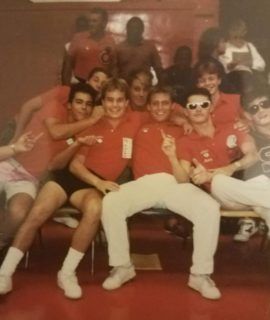Education for Life…continues.
It is certainly easy now and then to get comfortable in your surroundings, especially when you are relaxing for your birthday weekend in Seaside, FL – sun, fun, family and great food abound.
While reflecting on the last 49 years this past weekend, education came to mind many times. I know I wouldn’t have traveled this far professionally if it hadn’t been for the public education I received and for the scholarships I earned. The generosity of others came into play greatly, but none more than Southern Scholarship Foundation (SSF) – where I received an “Education for Life”. Read more about SSF here http://www.southernscholarship.org
As many of you know, running a successful business requires much and I was fortunate to have learned many tangible and intangible skills while living with fifteen young men in a SSF scholarship house. Together, we governed, budgeted, cleaned, cooked, cooperated, planned, and lived every day – willing to listen, learn and debate. We succeeded and we failed, together.
Aiming to be a resource for businesses today, these skills gelled with years of experiences across business sectors – consumer finance, credit unions, consumer and business banking, nonprofit organizations – and a habit to expand horizons through readings, conferences, seminars and the like. There is always something new to learn, but I never stray too far from the realization that education was the change agent in my life.
Over the last few years my family and I have been “House Champions” for my former scholarship house. While attending FSU, I lived in the SSF Mode L. Stone scholarship house – named after one of the founders at SSF. Today, we visit with the gentlemen of the house during the semester for dinner and to donate needed supplies and/or pantry items. More importantly, we get to listen and to learn about them – where they are from, what they are doing now, and where they want to go in life. Yes, it is therapeutic to a degree because I can relate to them in so many ways. If asked, we certainly share stories, advice, guidance and mentoring as a means to further connect with them. Additionally, we feel our sons can learn a great deal from these young men. We are fortunate that our sons are in a better starting place than I was many years ago and we are confident this unique experience – and the students’ perspectives – will benefit them in the long run.

For over 60 years, SSF has changed the path for generations of deserving students – those with academic merit, financial need and good character. I am blessed to have sheltered under the Stone House roof, to have reaped the benefit of an “Education for Life” and to have built so many meaningful relationships over the years. Moore Business Strategies is better because of it.
Thanks for reading this today and for more information on Moore Business Strategies visit here http://www.mooretobusiness.com


